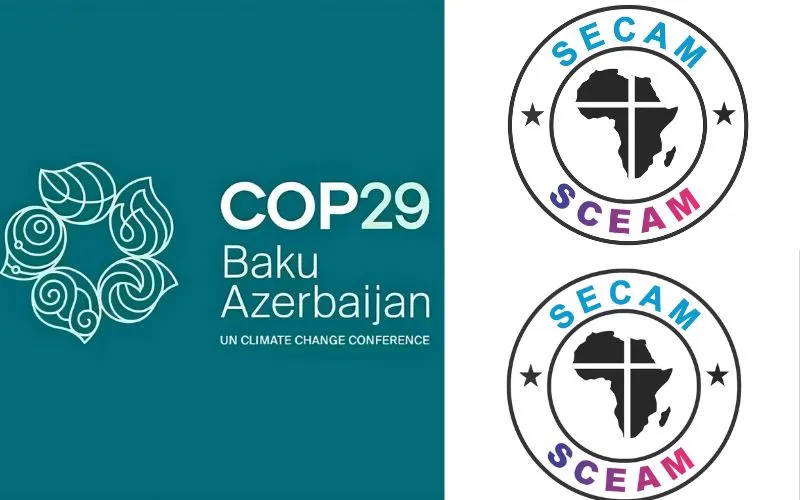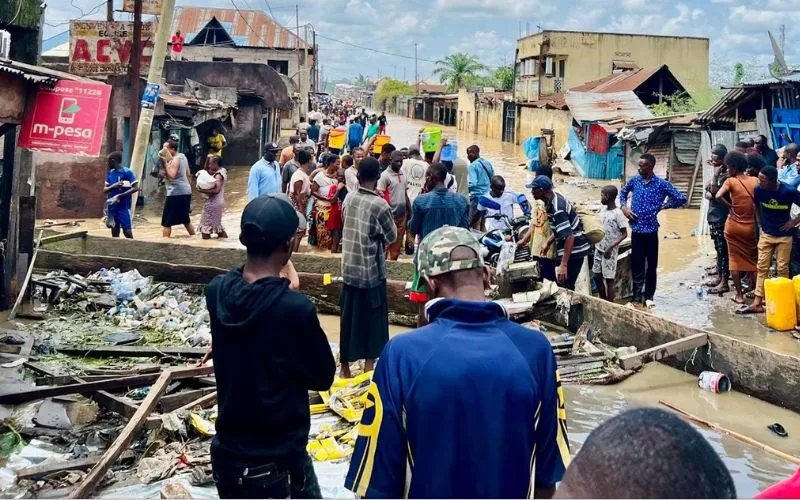Nairobi, 15 November, 2024 / 11:48 pm (ACI Africa).
The Justice, Peace, and Development Commission (JPDC) of the Symposium of Episcopal Conferences of Africa and Madagascar (SECAM) is calling on leaders in Africa and the international community to honour their commitments to “climate justice” and sustainable development at the ongoing United Nations 29th Conference of Parties Climate Conference (COP29) in Baku, Azerbaijan.
In a Thursday, November 14 statement shared with ACI Africa, the leadership of the peace and justice entity of Africa’s Catholic Bishops emphasizes the urgency of addressing the continent’s “energy poverty” by investing in renewable and “clean energy”, modernizing infrastructure, and securing adequate funding for climate action.
“As COP29 takes place in Baku, Azerbaijan, from November 11 to 22, 2024, world leaders are urged to maintain the momentum established at COP28. It is crucial to invest in clean energy and upgrade infrastructure to address Africa’s energy poverty,” SECAM-JPDC officials say.
The realization of these endeavours and action plans, the leadership of the entity of Africa’s Catholic Bishops says, “will require ongoing commitment from both African leaders and the international community.”
“These actions are vital for meeting the goals of tripling renewable energy and doubling energy efficiency by 2030,” SECAM-JPDC officials say.





